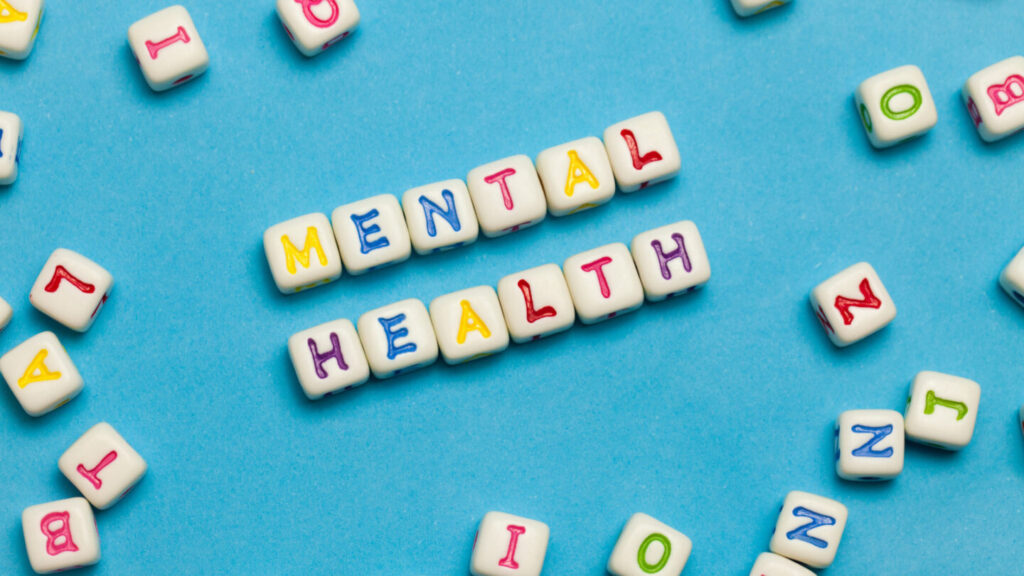Mental health is unfortunately something that can affect anyone.
It can get better, but it can also worsen and challenging to manage. Even though it is talked about so often, it is still difficult to get the basic and right help people need.
Nearly ⅙ of people struggle with a mental health disorder and nearly half of adults say they have struggled with a mental health issue in their lifetime.
But if all this is the case, why is mental health issues so frowned upon and a topic people treat as if you were walking on eggshells?

Firstly, what is mental health?
Mental health includes a variety of matters, such as our emotional, social, and psychological well being. Everybody has mental health, just like everyone has physical health. However, our mental health can fluctuate on a spectrum between good and bad throughout our lives.
The most commonly diagnosed mental health disorders include Depression, Anxiety, PTSD (Post Traumatic Stress Disorder), Schizophrenia, BPD (Borderline Personality Disorder), and DID (Dissociative Identity Disorder). Sadly, the list goes on and since not everyone is getting the help they need, unfortunately it can result to figures such as in England where ⅕ people experience suicidal thoughts.
Stigma still exists
Have you ever heard adults saying ‘mental health is just all in your head’ or ‘it’s because of that phone!’ and are very dismissive towards mental health? While we can try to educate, sometimes it just doesn’t work, but that doesn’t mean you can’t have an open mind towards mental health and offer help to those who need it.
Helping out can be small gestures, for example, letting someone talk to you about an issue they have going on or, if someone is having a bad day, try to cheer them up or offer them a hug.
You never truly know what people are going through so one of the best ways to help is by being open and being kind, as 98% of those who have been diagnosed with a mental health disorder have experienced some kind of stigma or discrimination because of their mental health.

What if I’m concerned about someone?
If you are concerned about someone’s mental wellbeing, please try to encourage that person to seek professional help or talk to someone they trust, whether that be someone in their household, school, or workplace etc.
Nobody should have to struggle alone, and people deserve the help they need and should have the right to access it.
Related Information
If you or anybody you know needs support with mental health, you can access further support and information on hotlines, phone numbers and websites on TheSprout’s Mental Health Information page.




